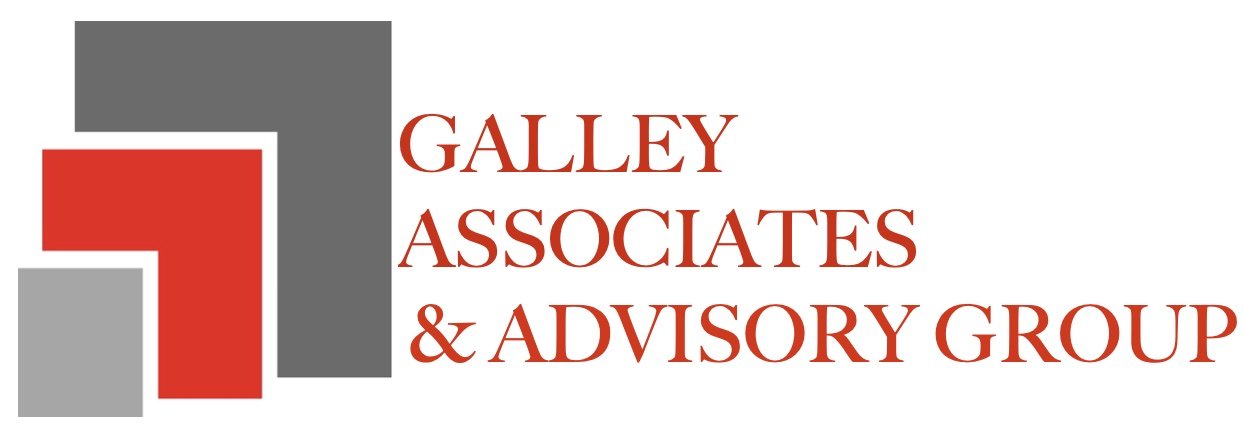2022-23 Budget Highlights
Highlights of Australian Federal Budget 2022-23
In 2021-22 tax filing, Individuals will receive a one-off $420 cost of living tax offset. This will be combined with the low and middle-income tax offset (LMITO). Eligible low and middle-income earners will receive up to $1500 for a single income household or up to $3000 for a dual-income household.
The Government will extend the 50 per cent reduction to minimum superannuation drawdown requirements for retirees for 2022-23
Small businesses will have access to a new 20% bonus (additional) deduction for eligible external training courses for upskilling employees. The Skills and Training Boost will apply to expenditure incurred between 7:30 pm (AEDT) on 29 March 2022 (Budget night) to 30 June 2024
Small businesses with an annual turnover of less than $150 million will be able to deduct a bonus (additional) 20% of the cost of expenses and depreciating assets that support digital uptake This includes portable payment devices, online sales platforms, web page design, cyber security enhancements, cloud computing, subscriptions to cloud-based services and digital tracking for livestock The boost will apply to the eligible expenditure of up to $1,100.000 per year, incurred between 7:30 pm (AEDT) on 29 March 2022 (Budget night) to 30 June 2023
The Government is providing a one-off income tax-exempt payment of $250, to help Australians meet the cost of living pressures. It will be paid in April 2022. Automatically to all eligible pensions’ veterans, carers, those on disability pensions some self-funded retirees, welfare recipients and eligible concession cardholders.
From 1 July 2022, the maximum amount of voluntary contributions that can be released under the FHSSS will be increased from $30,000 to $50,000 enabling first homeowners to achieve their dreams of homeownership sooner.
Apprentice payments: The BAC (Boosting Apprenticeship Commencements) and CAC (Completing Apprenticeship Commencements) wage subsidies are extended to 30 June 2022 to support the economic recovery.
As part of this Budget, eligible apprentices can receive $5.000 over two years (six monthly instalments of $1,250) to help ease the cost of living. Eligible employers will receive wage subsidies maximum of $4.000 (in the first and in the second year each) and up to $8.750 in total over three years.

